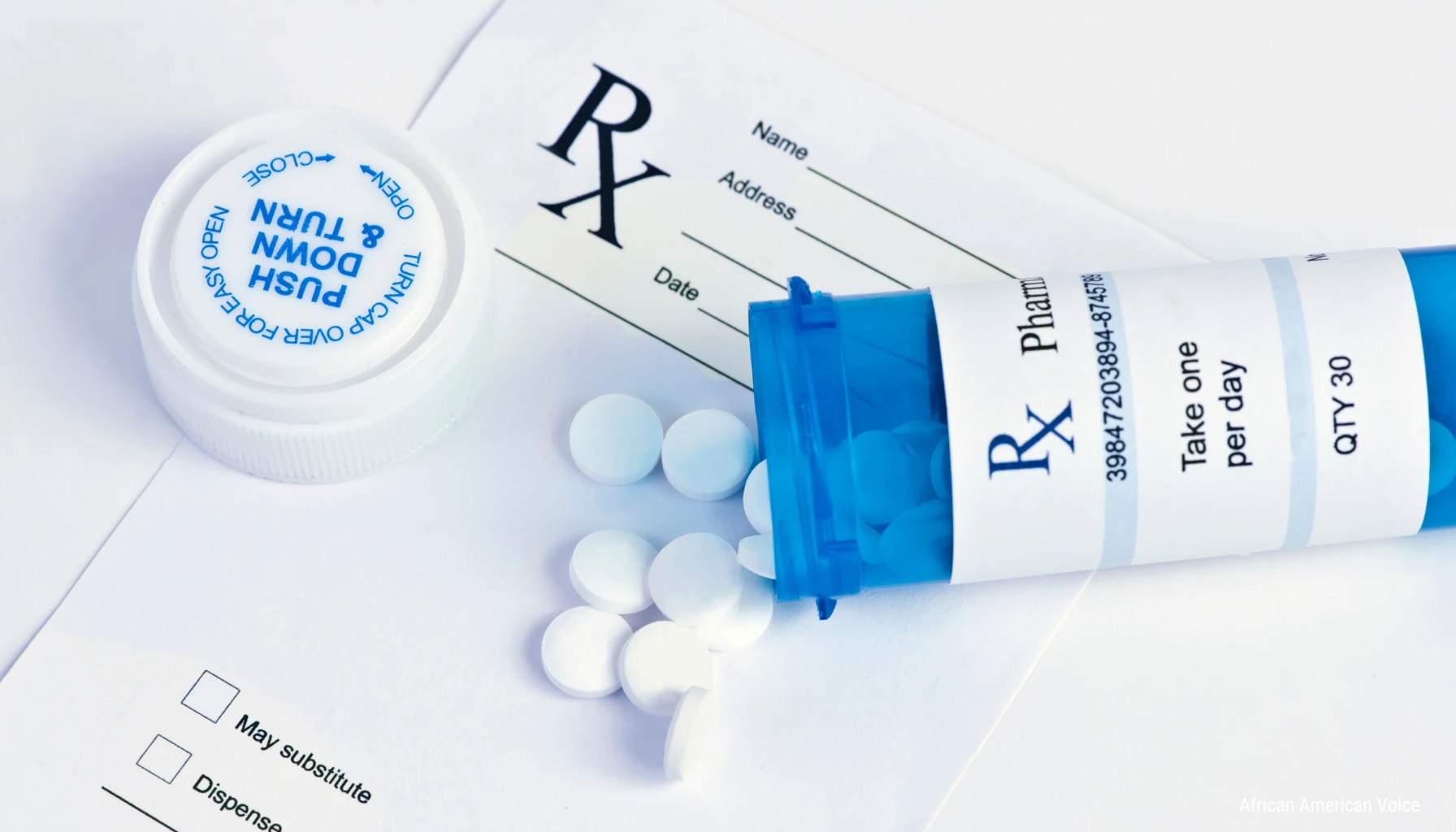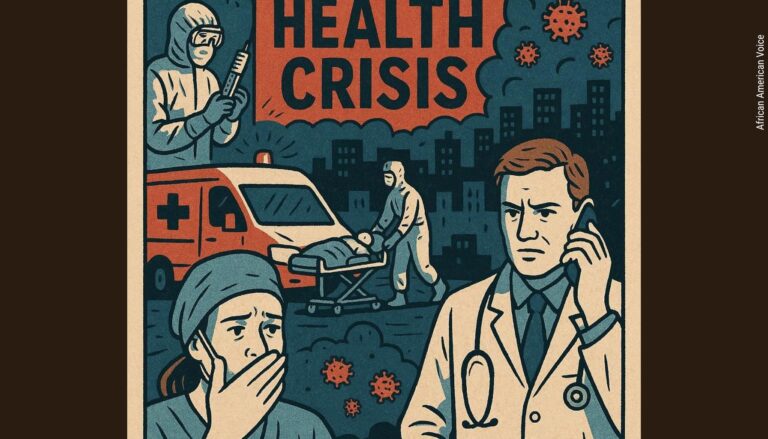
By Stacy Brown
The high prescription costs are hitting African Americans especially hard.
A recent report by Patients for Affordable Drugs reveals that pharmaceutical companies have increased prices on more than 1,000 prescription drugs this year, nearly half of those price hikes exceeding the inflation rate. For many Black and Latino patients, especially those ages 65 and over, the rising costs are becoming unbearable.
Black Americans are more likely to suffer from conditions like diabetes, chronic pain, and high blood pressure, which means that these skyrocketing prices have a disproportionately negative impact on them.
Enhertu, a drug used to treat HER2-positive breast cancer, has seen its price rise eight times since 2019. This is especially alarming for Black women, who are more likely to die from HER2-positive tumors than white women.
Meanwhile, the price of Revlimid, used to treat multiple myeloma, has jumped to over $89,000 per month. Black Americans are more likely to suffer from multiple myeloma and experience worse outcomes.
Price hikes force patients to make life-threatening decisions, officials said.
Carrol Olinger, a 54-year-old from North Carolina with Type 1 diabetes, described to NBC News a harrowing period when she couldn’t afford her medications. Without insurance for five months, she resorted to rationing her insulin and taking blood pressure pills every other day to cut costs.
“I had a headache every day,” she said. “I just felt drained and tired—and then on top of all of that, I was just, like, emotional for no reason.”
The business practices of pharmacy benefit managers (PBMs), who negotiate drug prices with manufacturers and insurance companies, exacerbate this financial strain on patients. The Federal Trade Commission (FTC) filed a lawsuit against Express Scripts, OptumRx, and Caremark, accusing these PBMs of inflating the cost of insulin and other drugs by prioritizing higher-priced options on insurance formularies while pocketing rebates from drug manufacturers. The FTC’s complaint suggests these practices unfairly raise patient costs and violate antitrust laws.
Pharmacy benefit managers argue they are not the sole cause of high drug prices, but the FTC is increasingly focused on their role. Express Scripts has denied the allegations, calling the lawsuit “unsubstantiated.” However, the FTC’s action signals a growing push to reform the industry’s practices.
A Salt Lake City pharmacist, Benjamin Jolley told NPR that he views the lawsuit as a potential turning point.
“Is this overall system of rebates broadly legal or illegal,” he questioned. “The FTC is alleging that, no, it is not.”
While lawsuits and regulatory actions move forward, advocates like Margarida Jorge, executive director of Health Care for America Now!, point to the long-standing racial inequities in healthcare that contribute to the crisis. She cites the lack of affordable treatment for conditions like sickle cell anemia, which affects 1 in 13 Black babies born in the U.S., as a clear example of systemic racism.
“There hasn’t been much attention to really getting down to the business of trying to cure sickle cell anemia with a drug that is affordable to regular people,” Jorge said in an NBC News interview.
The Biden administration has taken steps to address the issue through the Inflation Reduction Act, which aims to cap out-of-pocket drug costs for Medicare beneficiaries at $2,000 annually by 2025.
President Biden also announced that Medicare will begin negotiating lower prices for some of the most expensive and widely used drugs. In his statement, Biden emphasized the stark contrast between his administration’s actions and the opposition from Republicans in Congress, who he said have consistently tried to repeal these reforms.
“For too long, millions of Americans have faced the impossible choice of paying for their prescription drugs or being able to afford other basic needs,” Biden said. “While Big Pharma made record profits, Americans footed the bill for the industry’s price hikes. Not anymore.”
Starting in October, seniors and people with disabilities enrolled in Medicare will pay less for 54 Part B prescription drugs, Biden announced. “That means more money will go back into the pockets of people with Medicare – including some of the 822,000 seniors and people with disabilities who use these drugs annually to treat conditions like cancer, osteoporosis, and pneumonia, and some seniors will save more than $3,800 per day,” he stated.
He said he and Vice President Kamala Harris are continuing to fight high drug costs.
“These lower costs are only possible because of the Inflation Reduction Act, which passed with the leadership of Democrats in Congress, and with Vice President Harris casting the tie-breaking vote in the Senate – without a single Republican voting for it,” Biden added. “While Republicans in Congress try to repeal the Inflation Reduction Act which would mean high drug costs for seniors, Vice President Harris and I will keep fighting to ensure all Americans can pay less for prescription drugs.”
Source: Washington Informer Newspaper – Published without any changes







